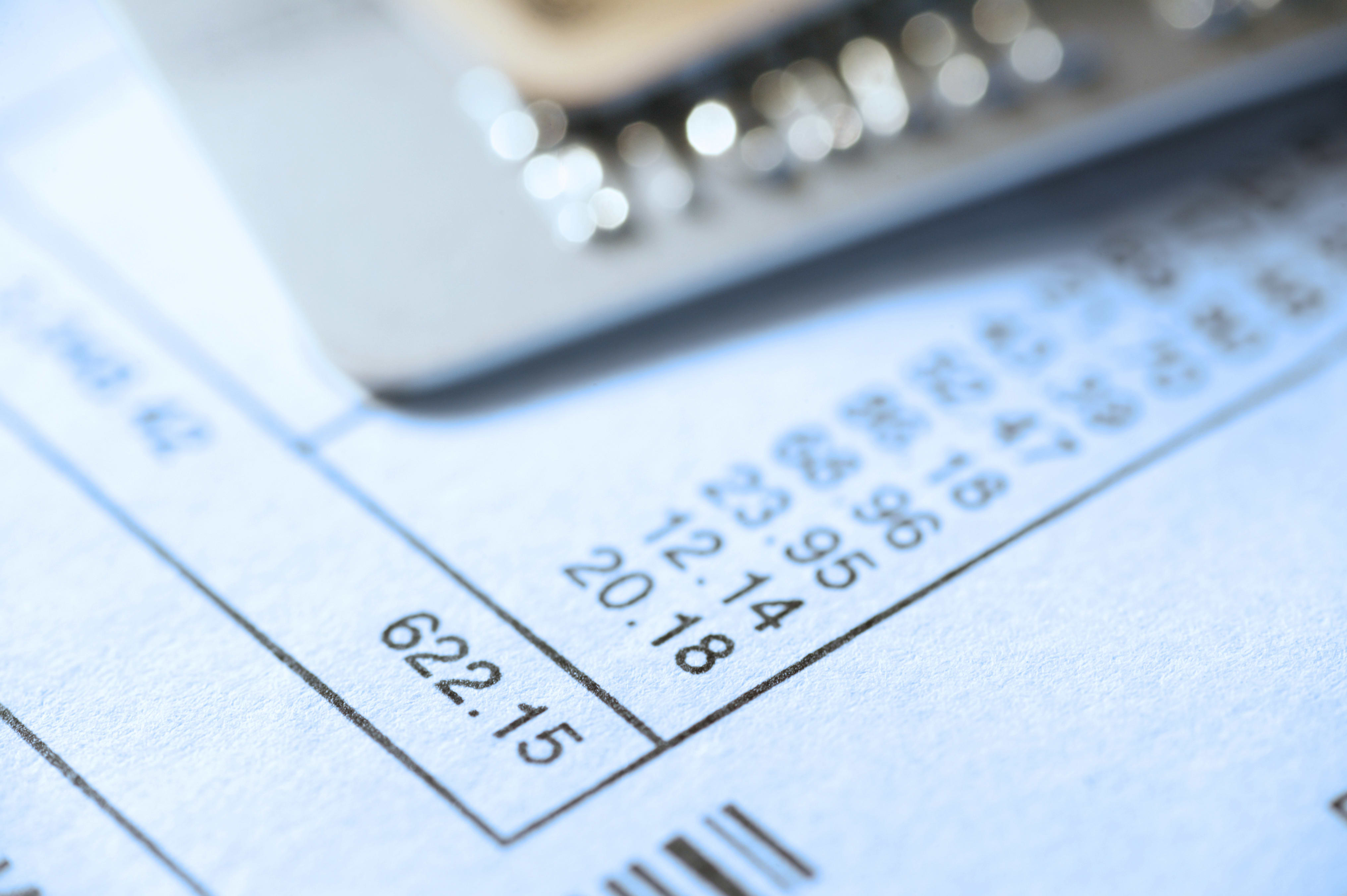Even before the spread of COVID-19 brought the U.S. economy to a near standstill, Americans were taking on increasing amounts of debt.
Now, around 67 million Americans said they will have trouble paying their credit card bills due to the outbreak and its aftermath, according to a new Coronavirus Money Survey by personal finance site WalletHub.
“Their struggles could easily ripple through the economy if left unaddressed, especially considering the more than $1 trillion in credit card debt currently owed by U.S. consumers,” said Odysseas Papadimitriou, CEO of WalletHub.
More from Personal Finance:
These are the best and worst ways to borrow money
Worried about your access to cash?
What the Fed cutting interest rates to zero means for you
According to data from the Federal Reserve, the U.S. has surpassed $1 trillion in credit card debt — the highest level since the Great Recession.
However, credit cards are one of the most expensive ways to borrow money.
Considering U.S. households with revolving credit card debt owe nearly $7,000, on average, and credit card interest rates are near record highs — at more than 17% — they are also coughing up roughly $1,100 a year in interest payments, according to NerdWallet’s 2019 household debt study.
To provide some near-term relief, Treasury Secretary Steve Mnuchin said the Trump administration plans to send money to Americans immediately.
Some financial experts say that cash payment could be put to good use paying down some of those high-interest balances.
Otherwise, consider moving that balance from a high-rate credit card to one with a no-interest or low-interest balance transfer offer to reduce the amount of interest you’re paying.
Alternatively, ask your card issuer for a break. For example, Apple Card is allowing cardholders to skip their March payment without incurring interest charges. Other issuers are extending fee waivers and lowering payments, according to Ted Rossman, industry analyst for CreditCards.com.
WalletHub polled more than 500 adults between March 9 and March 12, 2020.
